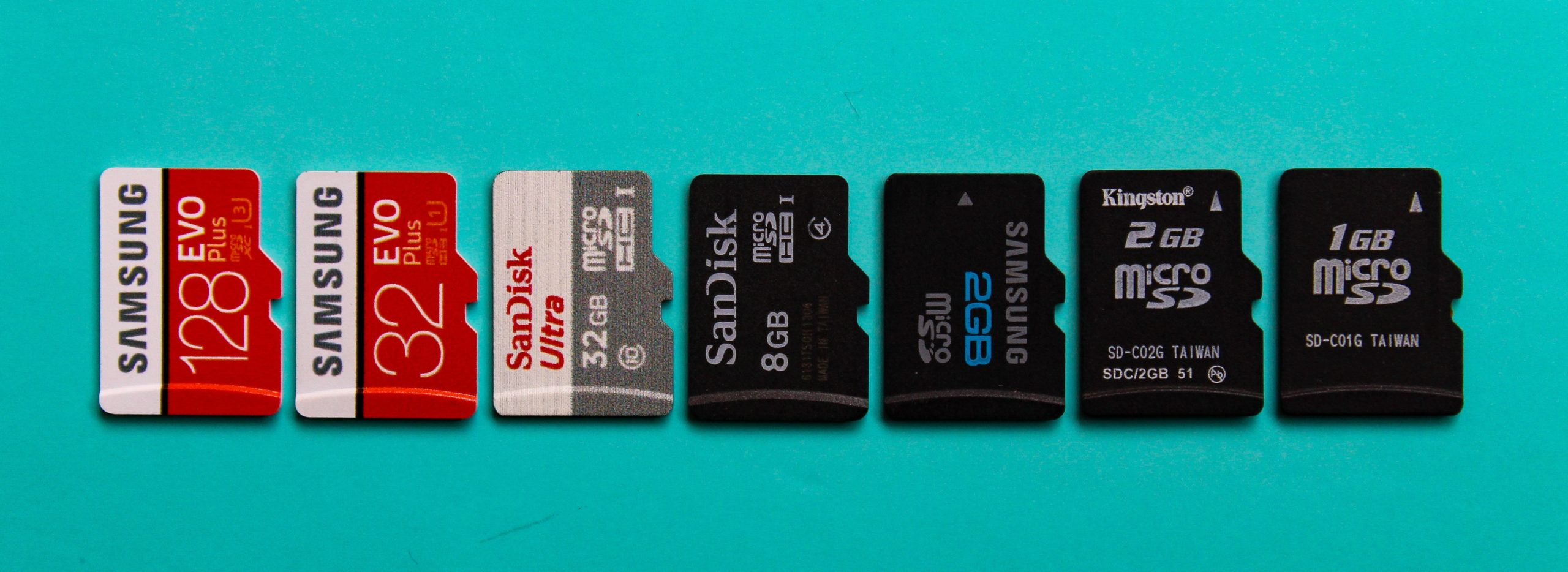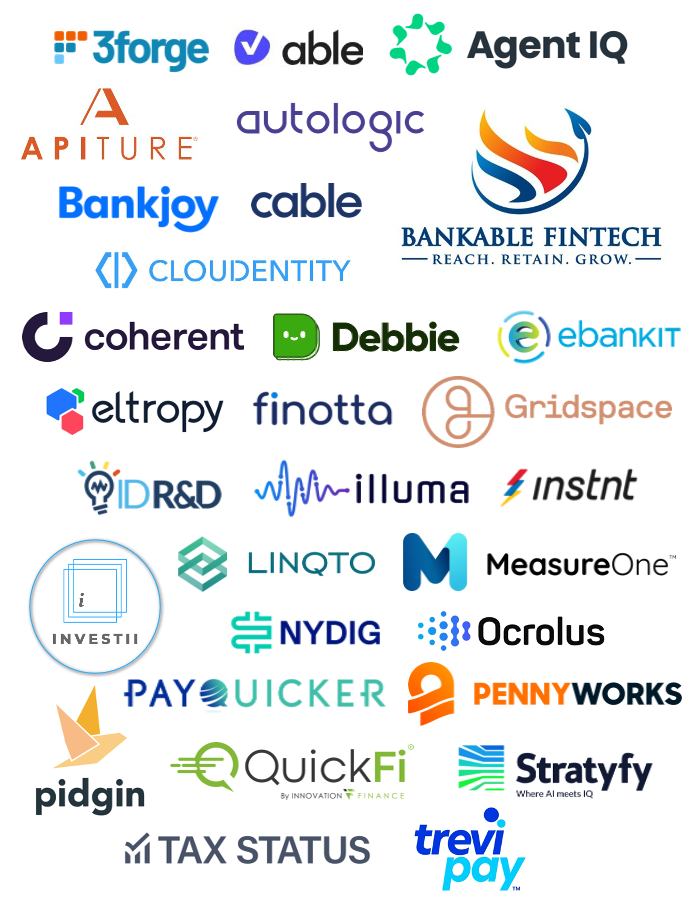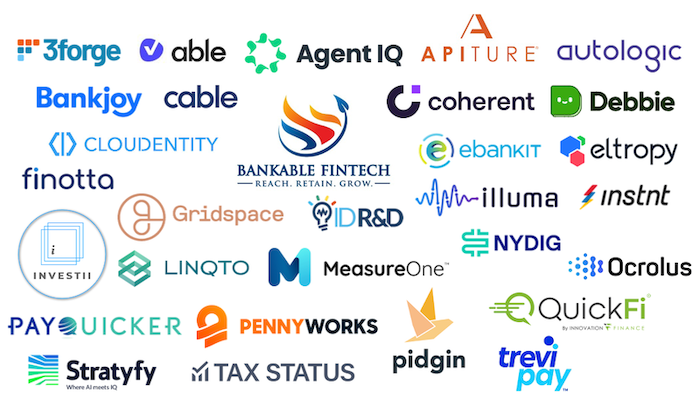
- Apiture announced an investment of $29 million to help the company meet demand for its digital banking platform. The round was led by Live Oak Bank.
- The platform, unveiled earlier this year, combined Apiture’s Xpress and Open products into a single, API-based solution.
- Apiture’s total funding now stands at $69 million.
Digital banking solutions provider Apiture has raised $29 million in new funding in a round led by Live Oak Bank. The company will use the capital to boost sales and marketing, accelerate product development plans, and help meet demand for its flagship solution, the Apiture Digital Banking Platform.
“Our platform is built by bankers, for bankers, which uniquely positions Apiture to deliver best-in-class solutions that help financial institutions of all sizes level the playing field with national brands,” Apiture CEO Chris Babcock said. He added that much of the capital raised in this latest round has “come from investors that are also Apiture clients” and highlighted Live Oak Bank, which led the round, as well as Pinnacle Bank and BHF Financial.
The investment brings Apiture’s total capital raised to $69 million.
Founded in 2017 and headquartered in Wilmington, North Carolina, Apiture offers a digital banking platform that is secure, reliable, and core agnostic with more than 40 core integrations. Launched in February of this year, the platform consolidates Apiture’s existing products – Apiture Xpress and Apiture Open – into a singular solution. The platform leverages partnerships with more than 200 fintechs to help banks and credit unions access the technology they need in order to create the kind of digital experiences that are most appropriate for their customers and members. More than 300 banks and credit unions in the U.S. use Apiture’s digital banking platform.
“Financial institutions are keenly aware of the importance of digital channels and the need to elevate the onilne and mobile banking experience for their consumer and business customers,” Live Oak Bank Chief Strategy Officer Stephanie Mann said. “We are thrilled to support Apiture as it accelerates enrichments to its cloud-based, API-first technology platform while scaling to serve a growing number of banks and credit unions.”
This year, Apiture has forged partnerships with Ephrata National Bank and Martha’s Vineyard Bank, both of which will deploy Apiture’s Digital Banking Platform to power both their online and mobile banking solutions. With assets of $1.6 billion, Ephrata National Bank is headquartered in Lancaster, Pennsylvania, and has served communities in the area since 1881. Martha’s Vineyard Bank, based in Edgartown, Massachusetts, has assets of more than $1.9 billion and operates 10 locations on Martha’s Vineyard and in Falmouth, Massachusetts.















